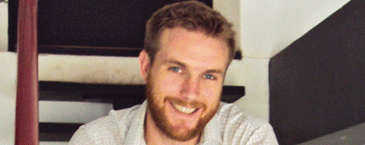When a decision is unpopular, call it ‘dithering’
A while back, President Obama came under fire for ‘dithering’ over his Afghan policy. Dick Cheney said that “signals of indecision…hurt our allies and embolden our adversaries”. Donald Rumsfeld and Karl Rove concurred. The Washington Post’s David Broder claimed that “the urgent necessity is to make a decision—whether or not it is right.”
by Campaign India Team

To continue enjoying this content, please sign in below. You can register for free for limited further access or subscribe now for full access to all out content.
Sign In
Register for free
✓ Access limited free articles each month
✓ Email bulletins – top industry news and insights delivered straight to your inbox
Subscribe
✓ All the latest local and global industry news
✓ The most inspirational and innovative campaigns
✓ Interviews and opinion from leading industry figures
